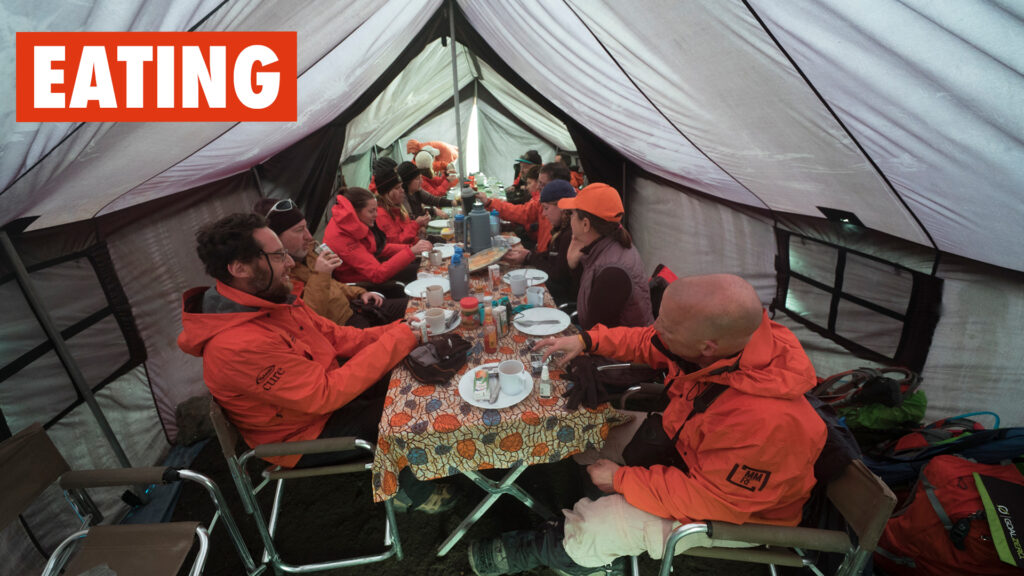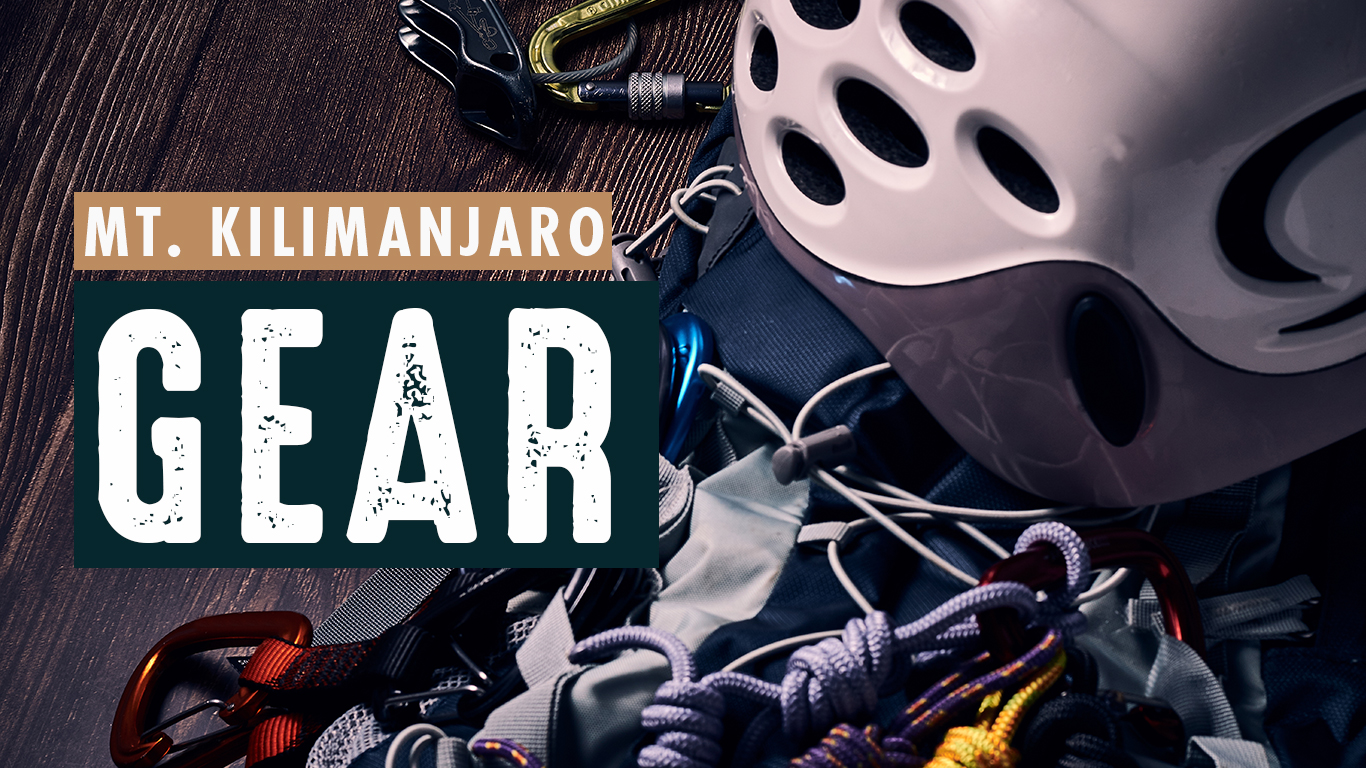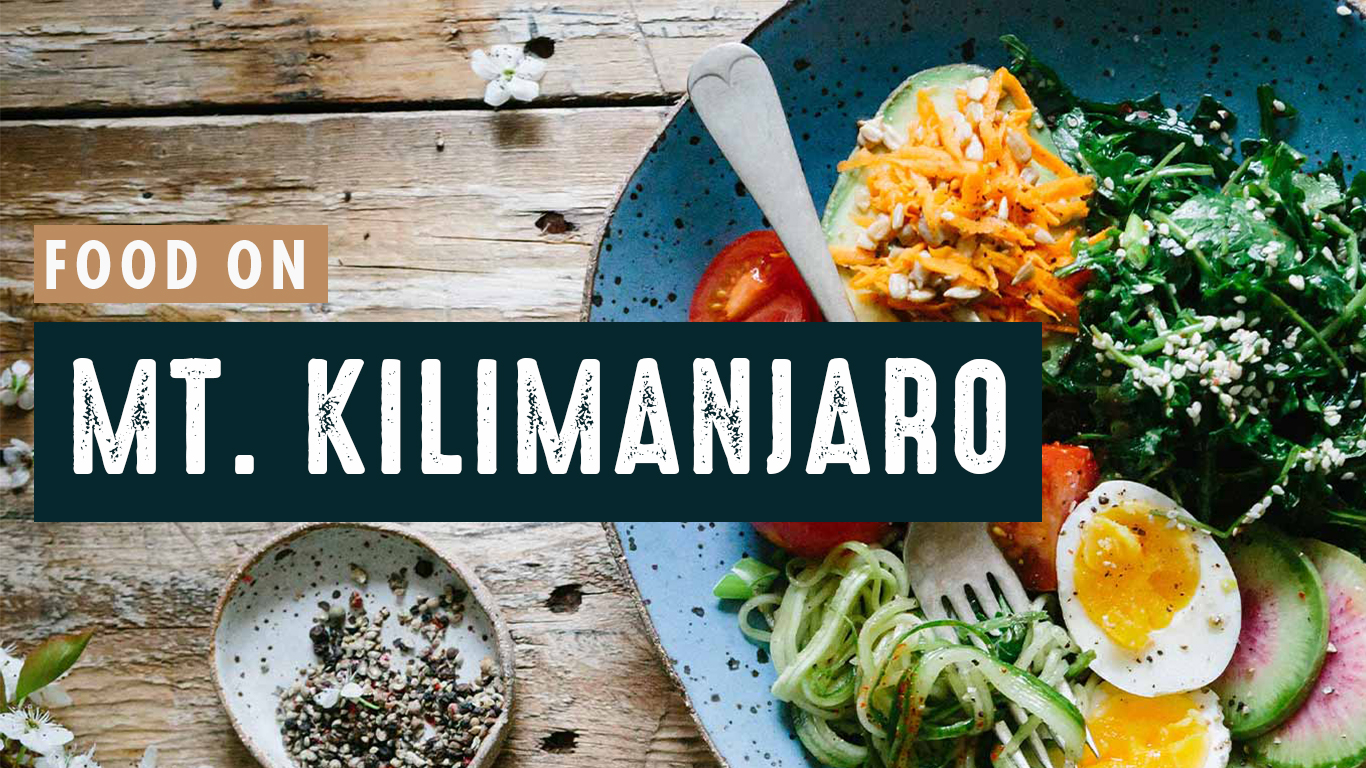
During your climb on Kilimanjaro, your meals will be provided by the trekking company you choose. They will typically offer a variety of nutritious and energy-rich foods to sustain you throughout the trek. It’s crucial to maintain a high-calorie, healthy diet during your climb, as you’ll be expending a significant amount of energy. Breakfast options often include porridge, eggs, toast, fruits, and hot beverages like tea or coffee. It’s important to have a substantial breakfast to fuel your day.
Lunch is usually a picnic-style meal and may consist of sandwiches, fruits, nuts, energy bars, and other snacks. This provides a boost of energy for the afternoon trek. A high-calorie diet helps replenish the energy you burn during your climb, ensuring you have the stamina to reach the summit. Dinner is a more substantial meal and often includes a combination of carbohydrates (like rice, pasta, or potatoes), protein (such as chicken, fish, or beans), vegetables, and soup. A balanced dinner helps replenish energy for the next day’s climb.
Snacks are a vital part of your diet to maintain consistent energy levels. Nuts, energy bars, dried fruits, and chocolate are popular choices.
Staying well-nourished is essential for maintaining energy levels and coping with the physical demands of the climb. Hydration is equally important, and you’ll be provided with safe drinking water. However, it’s a good idea to carry a water bottle or hydration system that you can refill along the way.
Special dietary requirements should be communicated to your trekking company in advance. They will do their best to accommodate your needs. It’s best to stick to lighter, easily digestible meals to avoid any discomfort or digestive issues during the climb. Fruits and vegetables are excellent sources of essential vitamins and minerals, and they also provide important hydration. However, be cautious with raw fruits and vegetables to avoid any potential contamination.
Foods rich in carbohydrates, like pasta, rice, and bread, provide a good source of sustained energy. Also, consider foods with healthy fats and proteins to balance your nutrition.
Limiting caffeine and avoiding alcohol is recommended, as they can contribute to dehydration and disrupt your sleep patterns. Ultimately, a high-calorie, healthy diet is crucial for your success in climbing Kilimanjaro. It provides the necessary fuel for your body to tackle the challenges of the ascent, ensuring a safe and enjoyable experience.







